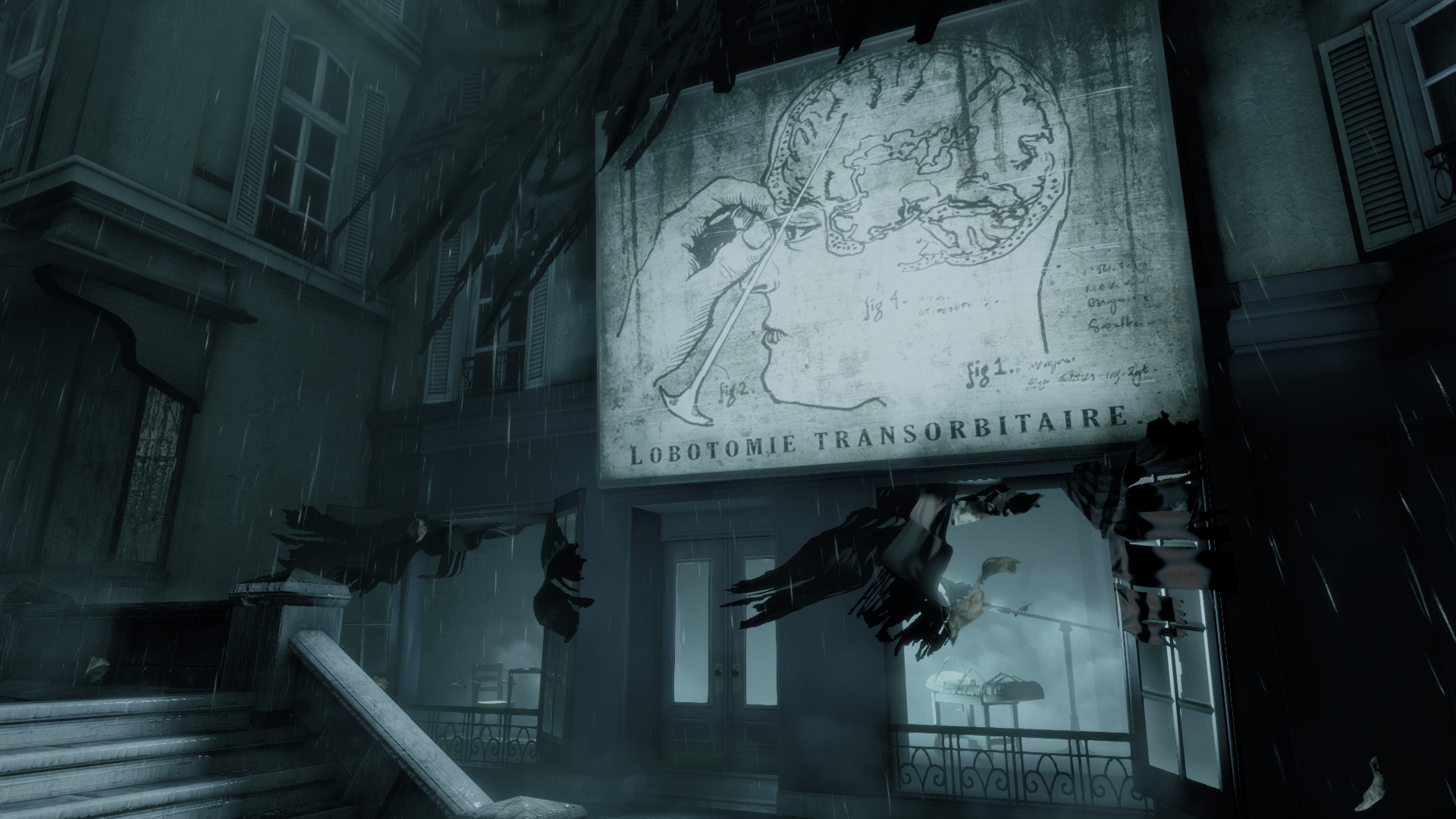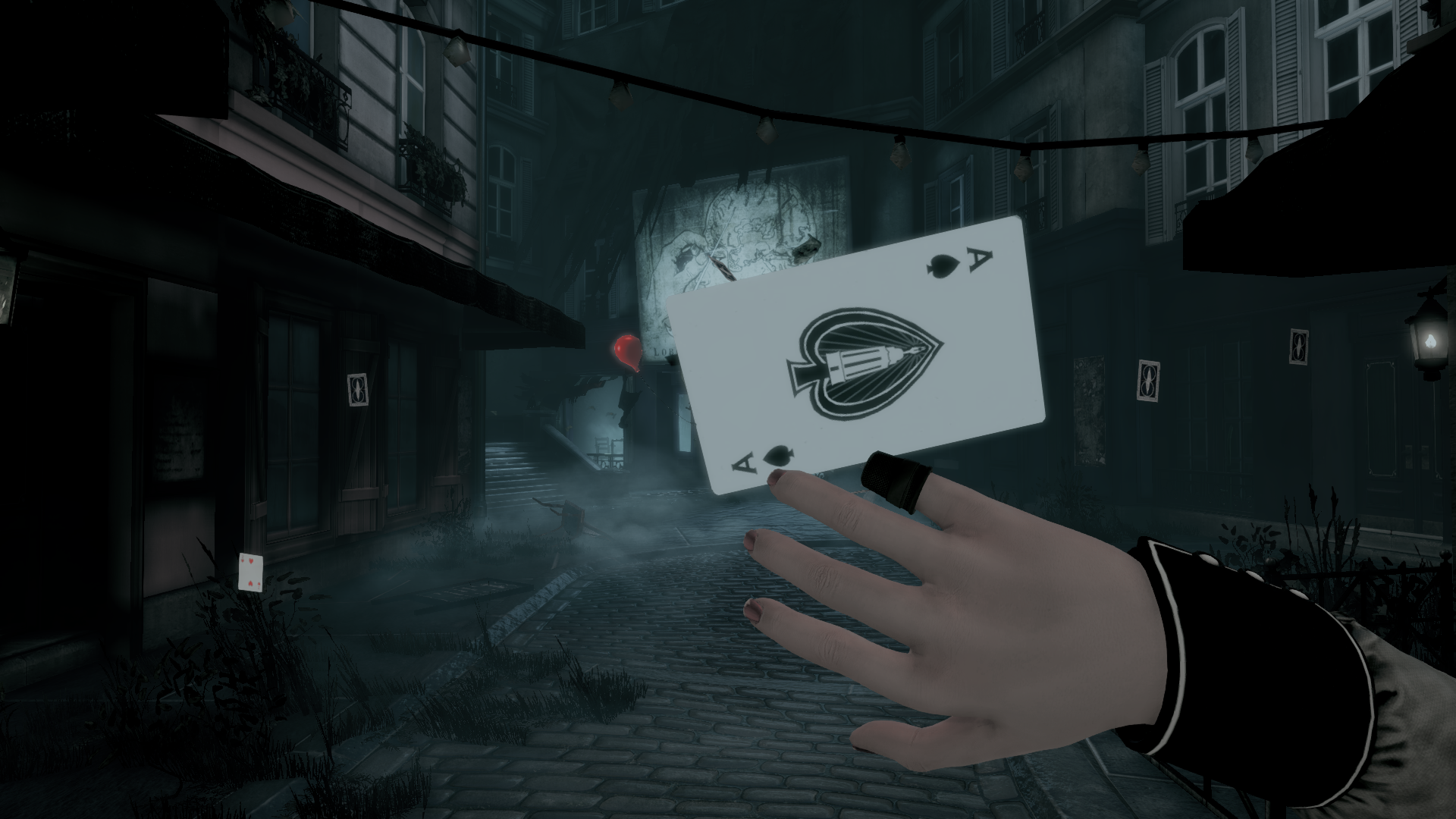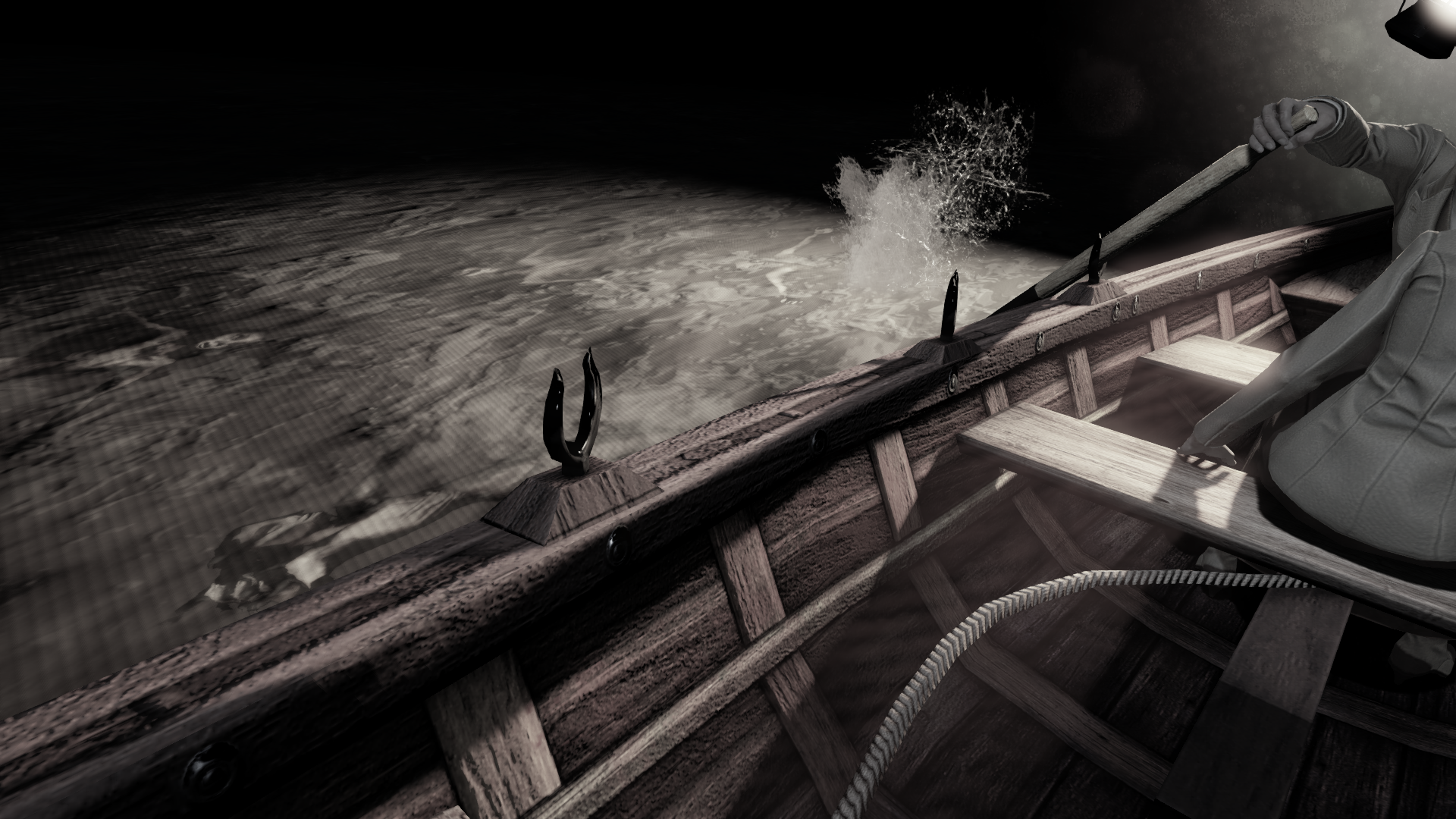Atlas IS Fontaine. Fontaine pretended to be dead but simply took the alias of Atlas, with makeup and everything. He was some kind of master at this, having impersonated many characters in the past (it says so in an audiodiary in Bioshock 1).
There's also a locked room in Burial at Sea Part 2 that Elizabeth comes across. It's Fontaine's dressing room, with makeup and wigs and such. That's how she comes to realize Atlas is Fontaine (though honestly, looking at the contents of the room, I don't know how she'd have figured that out) and says so out loud, presumably for the player's benefit.
--------
Finished the DLC yesterday. I still don't know if I really like Burial at Sea of if I just got taken for a ride with all the multidimensional stuff. I'm beginning to lean towards "great ride while you're in it, easy to poke holes in the story once you're out," what with the Sally issues and the vagueness of the timeline involving Elizabeth's death, remorse and return. This might also stem from some confusion about the end of Infinite, where I never truly understood the significance of having a bunch of Elizabeths in one place to drown Comstock.
So are we assuming that once all the Comstocks are dead, all the Elizabeths are too, since there'd be no Comstock to "buy" her? Also, do we assume that each Comstock is, in a sense, drowned by their Elizabeth counterpart, and that the only reason one Comstock survived is because he had no Elizabeth to drown him? (Because if that's not the case, why does he not also die when the infinite Elizabeths drown the infinite Comstocks?)
Are the infinite Elizabeths already essentially one being, able to think and act as one (or just able to communicate with one another across universes)? Because if they're not, then who's the Elizabeth that hunts down the last Comstock? It's clearly not the Elizabeth of that timeline, since she's already dead because of the tear. Is it the Elizabeth we see begging Comstock (Booker?) to bring the baby through the tear (or let her go freely before it closes)? Who IS this Elizabeth? Do we assume it's "our" Elizabeth, the one we followed this whole time? Is she somehow an Elizabeth that existed in that Rapture timeline? What is she doing in the past, trying to save one version of her child self? Is it an attempt to repair that timeline so that that Comstock actually DOES die like the rest?
Then we come to Sally, which I think makes some sense but the casual link is weak. I assume the intent behind Elizabeth's return was something like this: Elizabeth had found the final Comstock, who had fled to Rapture in order to forget his sins (like baby-napping turned infanticide). At one point during Part 2, in the Manta Ray Lounge, you come across a poster of Elizabeth singing in Sander Cohen's artistic revue, and the fake Booker Elizabeth constructs for herself asks how that happened. She says she spent two months under Cohen trying to prep Comstock's demise; head-Booker asks why not kill him as soon as she gets there, and she says "he had to know why."
So she concocts a plan whereby something equally precious is taken away from him, like he tried to do to Booker, and once he understands the pain and torment this causes she can dispatch him. This is where things get fuzzy for me, and maybe it's just because I haven't heard enough audio logs or something, but: how much was Elizabeth involved in Sally's transformation into a Little Sister?
There's a lot of discussion in this thread about Sally being a weak link in the story--that she doesn't provide enough of a reason for Elizabeth to throw away her transdimensional abilities just to save one girl we don't even get to know. At first, I figured there was an easy answer for this: Elizabeth feels guilty because she used Sally as bait for Comstock, and this doesn't sit well with her. Sally, after all, isn't even his daughter; her role in all this is entirely incidental. But if Elizabeth just took advantage of an existing situation to lure Comstock out, she doesn't have much to be guilty for: temporarily putting Sally in peril for her own ends, yes, but nothing that seems strong enough to drive Elizabeth's self-sacrifice.
That's why I wonder if somehow Elizabeth is the one responsible for making her a Little Sister in the first place. It would then better explain her guilt at dooming Sally to a horrific life; it would explain her strong feelings about the Little Sister program in general; it would explain why she felt sacrificing herself to save ALL the Little Sisters was worth it. Basically, it translates an abstract notion of "Little Sisters are an abomination and the girls need to be rescued from that life" into something very concrete and personal. And though Elizabeth is very principled in some ways, it feels like she needs that extra push to collapse her transdimensional self into one mortal self.
Then there's the stuff with Elizabeth dying, what exactly that was supposed to mean for all Elizabeths (did they feel it? which Elizabeth died? etc.), how our second Elizabeth knew about the first (are they all linked or not?), etc. But those answers are even further beyond my reach because multiverse time-travel is confusing as all heck to me.













